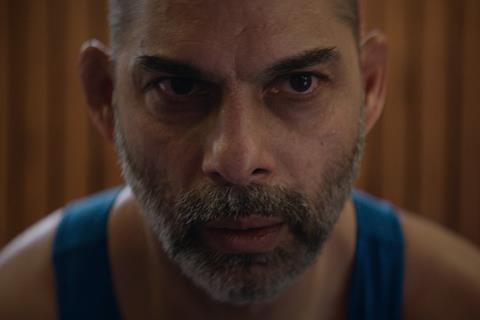
Writer/director Milad Alami has good memories of being a six-year-old Iranian boy who suddenly found himself living with his family in a refugee centre in the north of Sweden. “Most of my memories of being in the refugee shelter are very happy, because as a kid you just want to find somewhere to play or hide with your friends,” he says.
Those recollections lend an authenticity to the Iranian-Swedish filmmaker’s second feature Opponent, which is world premiering in Berlinale Panorama (Indie Sales handles international sales).
The film tells the story of a family who flee Iran because of a controversy; while they are living in Sweden, the father realises they have a better chance of staying in the country if he resumes his wrestling career, but that forces him to confront his past. The film stars Payman Maadi, whose credits include Asghar Farhadi’s A Separation and About Elly.
For Alami, Opponent’s themes boil down to the concept of freedom. “What if you take freedom from people, and what is it like if you move to a place where you can do whatever you want?” he says. “Are you just going to take that freedom or is it something that’s changed within you, because you’ve lived in a society where that’s not allowed?”
The filmmaker did plenty of research with current refugees in Sweden, many of whom he cast as extras.
Alami attended the National Film School of Denmark and now lives in Copenhagen. His debut feature The Charmer — which won prizes in San Sebastian, Lubeck, Chicago, Göteborg and more — was shot in Denmark. For his second film, he returned to the dark and snowy landscapes he found around Björkliden in north Sweden.
Alami is working on ideas for his next project, crediting strong collaborations with his producers: Annika Rogell for his Swedish projects and Stinna Lassen on the Danish projects. “It’s important to me to have a creative producer, otherwise I feel like I’m writing in a vacuum,” he says.
“I’ve told a couple of stories about men who aren’t able to express their feelings,” he continues. “Now, I’m working on two female-led stories.”





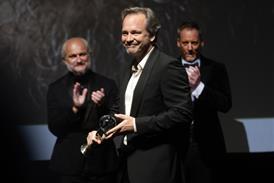
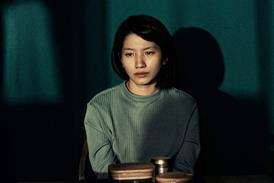
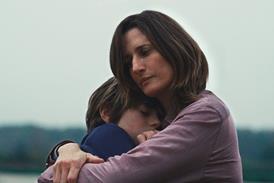






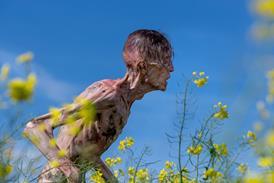










No comments yet